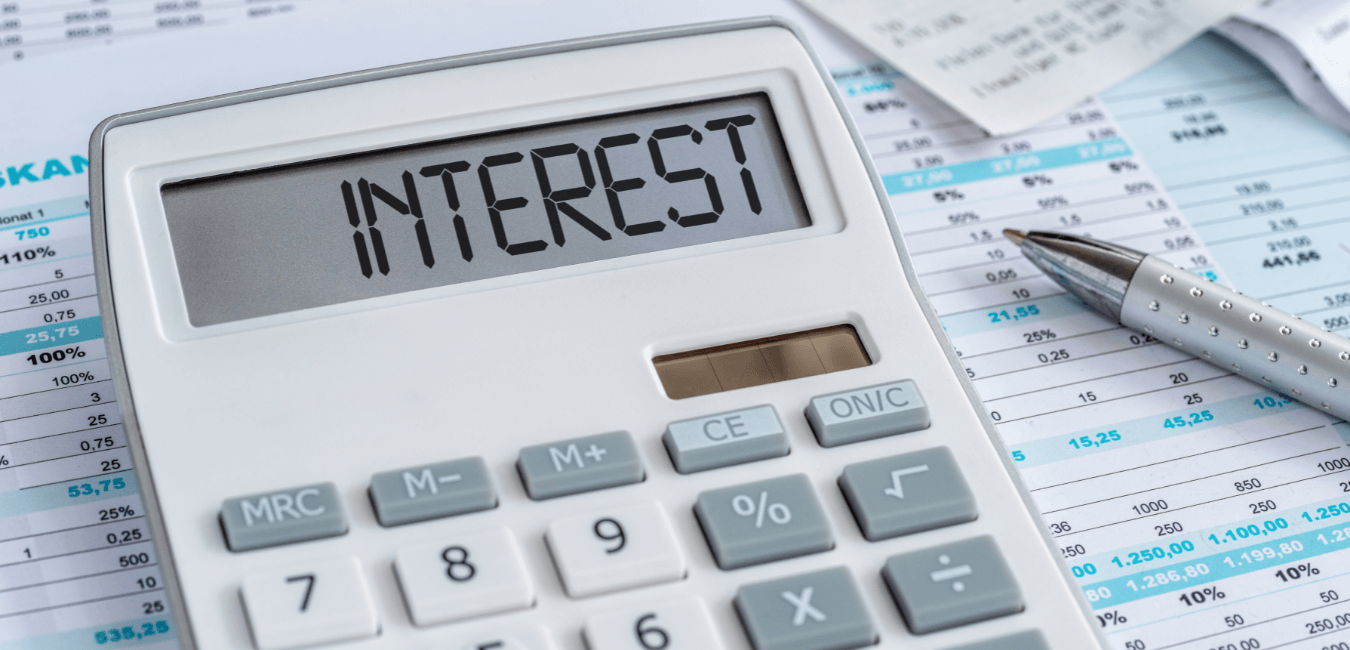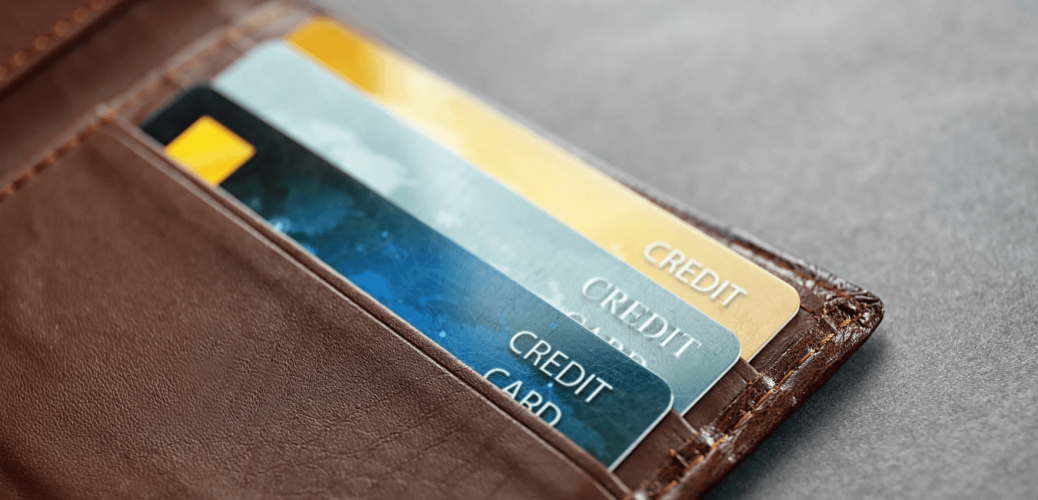Credit cards make it easy to handle emergencies or finance major purchases. The best way to handle credit cards is to pay whatever you borrow back each month before interest is charged, but that’s not always possible. Credit card companies are compensated for loaning you money by charging interest or fees. How does credit card interest work?
Interest Rates on Credit Cards
Interest rates on credit cards are usually expressed as an APR, which stands for annual percentage rate. The amount of interest you pay each month is based on the daily periodic rate, which is calculated by dividing your APR by 365. The daily periodic rate is multiplied by your balance and then multiplied by the number of days at that balance in your billing cycle.
Fixed Versus Variable Interest
The interest rate you’ll be charged is disclosed to you before you fill out an application for the card. Your APR may be a fixed rate, or it may vary based on an index such as Wall Street Journal Prime Rate. You may have an introductory rate that’s a low rate, possibly as low as 0%, but once the introductory period is over, your rate goes up. Credit cards often charge different rates for purchases and cash advances. There may also be a different rate for balances transferred from another credit card, and a penalty rate if you make your payment late or violate any of the other terms and conditions of the credit card.
Paying Less Interest
The best way to avoid paying interest is to pay your full balance back each month. Most credit cards have a grace period of at least 21 days from the day you borrow the money before charging interest. If you’re able to pay it back within that time frame, you can avoid paying any interest. Paying more than the required amount each month can help to lower the total amount of interest you have to pay.
Your Credit and Your APR
If you have excellent credit, you’re likely to be approved for credit cards that offer the best interest rates. If you’ve had credit problems and have a low credit score, you may have to pay a higher APR. Make sure you understand the terms you’re agreeing to before you apply for a card because some credit cards charge an annual fee or other hidden fees. If your credit is improving and your current card has a high-interest rate, shop around for a card with a lower APR.
Protecting Your Credit
Having good credit empowers you to borrow money at the best rates and terms, so it’s important to do whatever you can to protect your credit. Pay your bills on time and try to use no more than 30 percent of the available credit on your credit cards. Make sure your credit report has accurate information.
If you find any errors in your credit reports, Dovly can help. Dovly is an AI credit engine that helps you track, manage, and fix your credit. Try it risk free with our free membership tier. Contact Dovly today.



